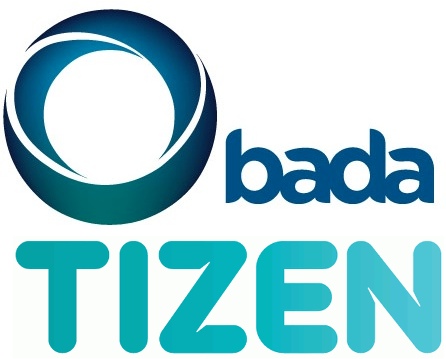I’ve long wondered what exactly Samsung would do with their homegrown Bada operating system, and for a little while there the answer seemed clear — Samsung SVP Tae-jin Kang recently noted that Bada would be merged with the Intel-backed Tizen OS project.
In fact, he said at CES that the work to combine both platforms had already begun, which seemed like a pretty definitive conclusion for Bada.
Now it seems like Samsung may be having second thoughts about the whole process. Samsung representatives have reached out to AllThingsD and Information Week to say that a final decision regarding a merger hasn’t yet been made.
“Samsung and other members of Tizen Association have not made a firm decision regarding the merge of Bada and Tizen,” Samsung said in a statement. “We are carefully looking at it as an option to make the platforms serve better for customers.”
It goes on to say that Bada still has an important part to play in Samsung’s mobile ecosystem and that it would continue “democratizing the smartphone experience in all markets.” Samsung seems to have chosen their words very wisely here, and seems to confirm rumors that Bada would continue to power low-end smartphones while Tizen would grace some more premium fare.
Samsung has spent some time on the fence when it comes to their Bada-based efforts. The company was reportedly considering making it open-source back in September, with the possibility of expanding its use into their line of Smart TVs. The nascent Tizen platform is similarly meant for expansion into different device categories, with “tablets, netbooks, in-vehicle infotainment devices, [and] smart TVs” being prime among them. Sounds like a perfect fit, should the two parties ever make things official.
Of course, there are considerable gains to be made in the mobile market too. Despite playing second-fiddle to Samsung’s mobile OS of choice, Bada isn’t exactly a slouch — for a time Bada appeared on more smartphones sold than Windows Phone. While it poses little chance of making a considerable dent in a smartphone market that’s already dominated by a handful of players, Bada was being looked at as a way for Samsung to reduce their reliance on Google’s own mobile OS.
There are a number of reasons why Samsung would want to keep an ace in the hole, not least of which is the fact that Samsung pays out royalties to Microsoft for the Android devices they produce. And of course Samsung making Windows Phones too, so royalties are paid out for nearly every handset Samsung makes save for those running Bada. With a Bada-Tizen union, Samsung and other hardware vendors may have a more viable competitor in the smartphone OS space, but for now we’ll have to see if the merger ever comes to fruition.
